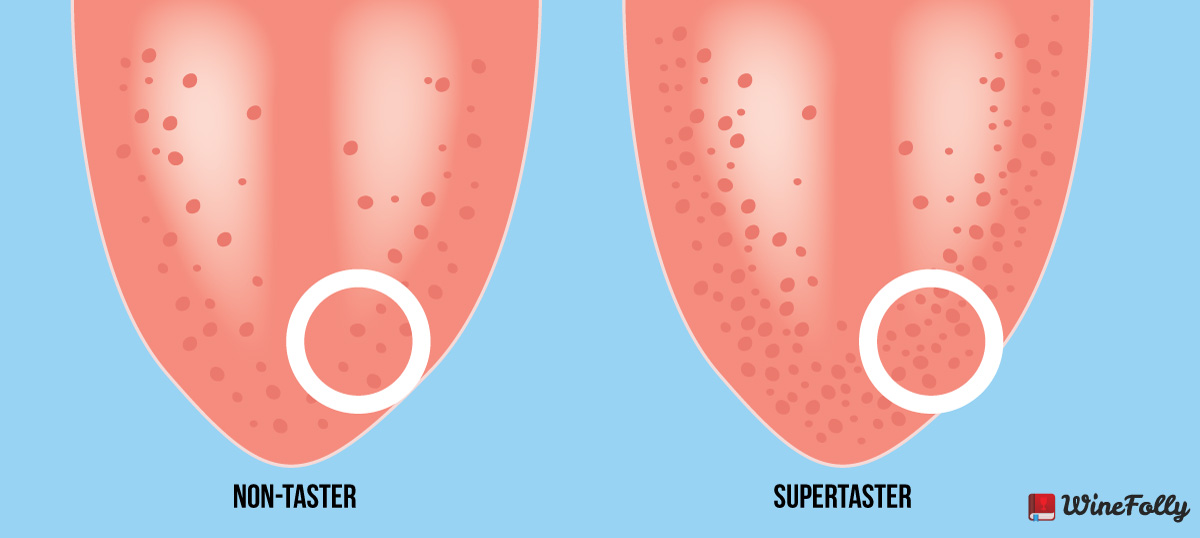Bitter Green Aversion
"Your genetics affect the way you taste, and taste is an important factor in food choice."
"You have to consider how things taste if you really want your patient to follow nutrition guidelines."
"We're talking a ruin-your-day level of bitter when they tasted the test compound."
"These people [supertasters] are likely to find broccoli, brussels sprouts and cabbage unpleasantly bitter, and they may also react negatively to dark chocolate, coffee and sometimes beer."
"We thought they might take in more sugar and salt as flavour enhancers to offset the bitter taste of other foods, but that wasn't the case."
Jennifer Smith, postdoctoral fellow, cardiovascular science, University of Kentucky School of Medicine Lexington, Kentucky
 |
| activebeat |
In any population there is a sub-set of people with superlative tasting abilities, thought to number between 25 to 30 percent of the population, according to Scientific American. Being a supertaster doesn't necessarily equate with enjoying food more because your taste is able to identify all manner of flavours, not when some flavours of a definitely bitter variety have their bitterness enhanced to the point of rank under-enjoyment.
No one would want to boast of their capacity to taste all the flavour nuances apparent to them in food choices when that ability teaches them to avoid bitter-tasting, albeit highly nutritional foods whose vitamin and mineral content is undeniably a healthy addition to any diet. A new study presented at the annual meeting of the American Heart Association pointed out that people genetically "hard-wired" to food sensitivity and bitterness will tend to avoid "heart-healthy" vegetables.
There may be plenty of people who would rather not have bitter greens such as arugula, endive and kale on their dinner plate, much less cruciferous vegetables such as dandelion greens, broccoli and brussels sprouts, but these truly are super-stars in nutritional quality. However, researchers have found the likely source of bitter-green vegetable aversion.
 |
| Greater number of tasteburds on supertaster tongue |
One of some 25 bitter receptors on the tongue, TAS2R38 has two genetic variants: AV1 and PAV, of which researchers at the University of Kentucky School of Medicine, studying 175 people, discovered those who inherit two copies of PAV (supeertasters) are likelier to be susceptible to the flavours of bitter compounds such as sulphur in brussels sprouts, than people who inherit two copies of AVI (nontasters), or those who have one of each (average tasters); 40 to 50 percent of the population.
As a result of their super-sensitivity to bitter taste, supertasters are close to three times likelier to consume fewer vegetables than people without a pair of inherited PAV variants. Despite the researchers' expectations, it made little difference whether participants in their study were supertsters or not; fat, salt or sugar consumption remained the same for all their test subjects.
 |
Labels: Food Intolerance, Genetics, Health, Research, Supertasters

0 Comments:
Post a Comment
<< Home